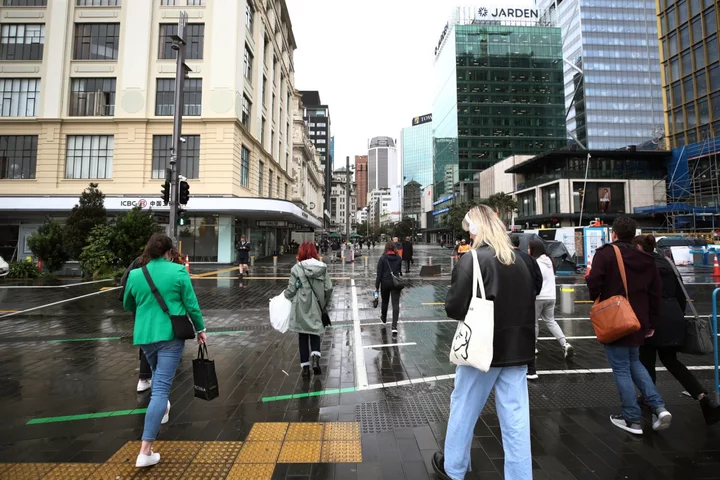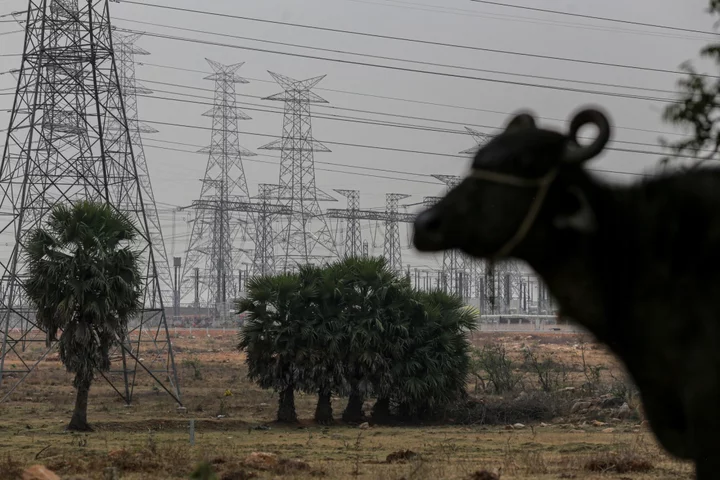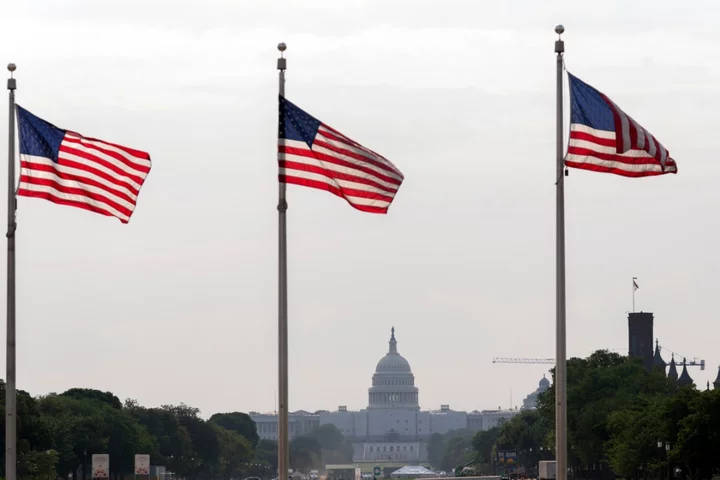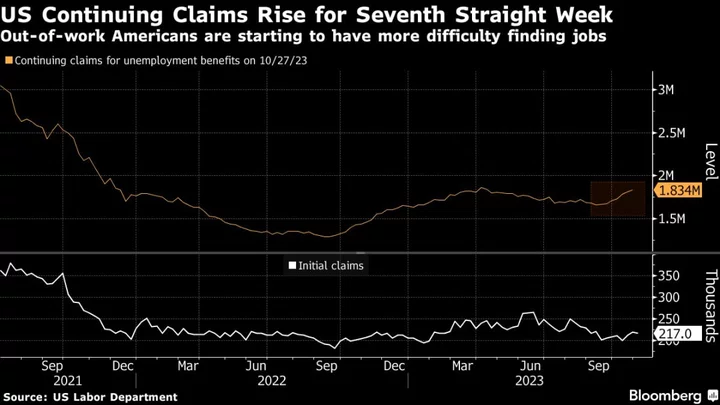Douglas, the tiny capital of the Isle of Man, might seem an unlikely destination for South African expats. But the pull of its offshore economy and the push of South Africa’s struggles means hundreds have headed to the 33-mile-long Crown Dependency in the middle of the Irish Sea in recent years.
The island of 85,000 people, which is perhaps best known as home to a breed of cats without tails and a daredevil motorbike race, is seeking skilled professionals in finance, insurance, technology and gaming to help bolster its economy. It is part of a drive to increase the population to 100,000 by 2027, double the size of its economy to £10 billion and create 5,000 jobs by 2032.
South Africans — who made up 1,218 of the residents in the 2021 census — may not seem like natural candidates, but links between the two go back more than a century when Manx engineers and miners relocated there. One of those immigrants reportedly even gave the rand its name.
South Africans are the Isle of Man’s “largest overseas population outside of the British Isles now,” according to Alfred Cannan, the island’s chief minister. That’s despite a climate as windy and rainy as South Africa is sunny.
Jobs are one attraction. “There isn’t an unemployment issue here,” says Yash Naidoo, a South African professional who moved in January 2022. There’s “huge demand” in general.
Naidoo relocated to the island last year to become the international business development manager at Johannesburg-based Nedbank Group Ltd. The bank is among more than 35 South African businesses that have operations in the self-governing British crown dependency, drawn to rock-bottom tax rates, the proximity to European markets as well as demand from clients for funds that provide international diversification and hedge against rand depreciation.
As a crown dependency, its taxation system is entirely separate from that of the UK. There’s no capital gains tax, withholding taxes or wealth taxes and most businesses pay 0% tax on profit.
“The Isle of Man is potentially a great place for African businesses that need a base closer to Europe but don’t necessarily want to be based in Europe,” said Werner Alberts, deputy chief executive officer at Capital International Group, which has more than $4.5 billion of assets under administration, according to its website.
Alberts moved to the island in 2017 with his family after previously working for Old Mutual Ltd. in South Africa, Namibia, Zimbabwe and Kenya. Capital International is headquartered in the Isle of Man, with offices in South Africa, and provides corporate finance and investment management for individuals and clients.
As part of its pitch, the Isle of Man is hosting trade shows in major South African cities. On frequent display: the center’s potential to structure investments into Europe and its tax advantages.
The British Crown Dependency also likes to tout a political stability like few other offshore centers. Its parliament — Tynwald — is of Norse origin and dates back more than 1,000 years, according to its website. That makes it the oldest parliament in the world with an unbroken existence.While the Isle of Man is cheaper than the other Crown Dependencies of Jersey and Guernsey, the price of housing may still come as a shock to incoming South Africans. The average purchase price for a home in South Africa was 1.4 million rand ($74,000) in the last three months of 2022, according to ooba Home Loans. That compares to £386,955 ($493,329) in the Isle of Man at the end of 2022, according to a May government report.
Crime Concerns
South Africa has witnessed a surge in emigration as security concerns and economic downturn triggered an upswing in exits from the country. The number of South Africans who emigrated from the country has surged 87% in the two decades to 2020, with more than 900,000 people leaving to go work and live other countries.
Thando Lamula, a 36 year-old chartered tax adviser who has previously worked for the South African revenue service as well as PwC, visited the Isle of Man in July, and plans to relocate by next year.
“It is the fact that they want people that is making me anxious and eager to go,” she says, voicing her frustration at the country’s continual power cuts.
Corruption, crime and policy paralysis have all encouraged the exodus. About half of the nation’s top earners and university graduates considered emigrating last year as citizens lost faith in the country’s future, according to a survey by the Social Research Foundation.
“Leaving South Africa is very difficult for most people because of the lifestyle, the weather,” says Niall Jacobs, who has lived on the Isle of Man for 22 years and works at B-Local, a relocation agency his mother started in 2005 that helps individuals, businesses and families emigrate to the Isle of Man. “But unfortunately because of the political landscape and the crime, it’s quite an easy decision if given the opportunity to move.”
--With assistance from Shelley Robinson and Andre Janse Van Vuuren.









